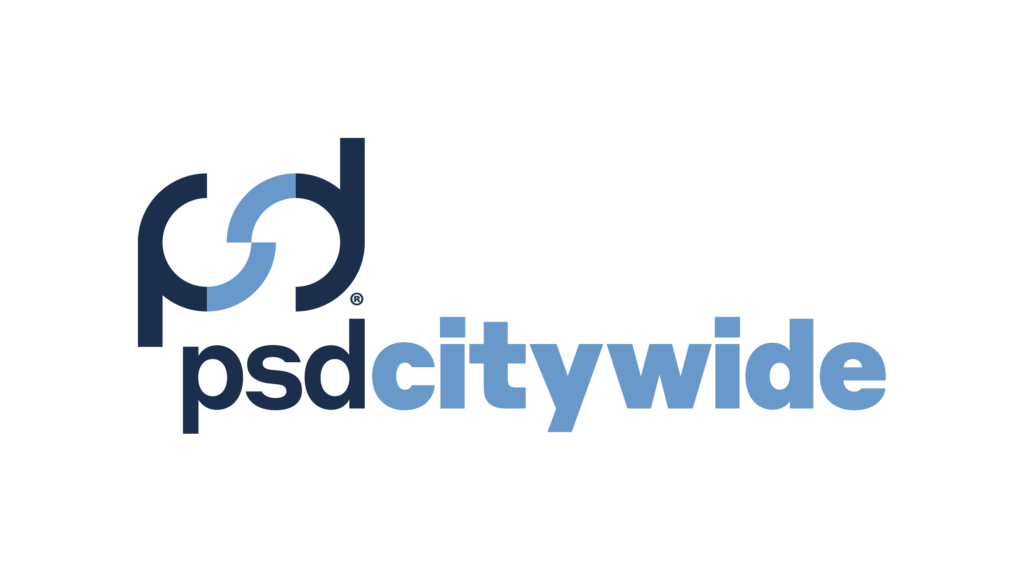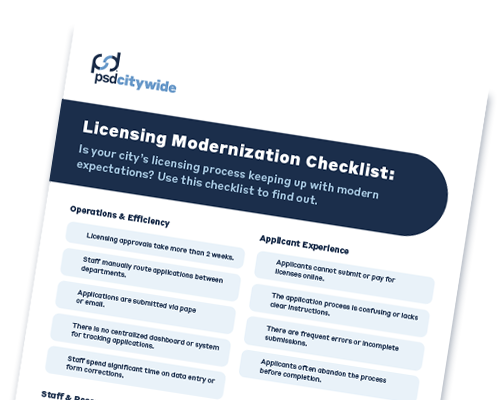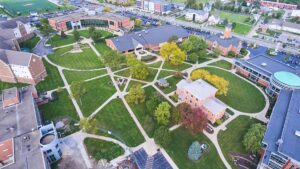Municipal licensing is a critical function that ensures local businesses, contractors, and residents comply with community standards and regulations. Outdated, manual licensing processes can create more headaches than solutions—for staff and citizens alike. If your local government is still relying on paper forms, spreadsheets, or disconnected systems, it may be time for a change.
Here are five clear signs your city’s licensing process needs a digital upgrade:
5 Signs Your Licensing Process Needs a Digital Upgrade
1. Processing Times Are Too Long
If licence approvals take weeks (or longer), it’s likely due to inefficient workflows. Manual routing between departments, misplaced forms, and a lack of visibility into application statuses all contribute to delays. For example, in the City of Oakland, California, it can take up to 18 weeks to approve and issue a license for development-related tree removals.
These bottlenecks can frustrate both staff and applicants, and they can deter new businesses from setting up shop in your community.
2. Staff Are Overwhelmed With Paperwork
Mountains of forms, constant data re-entry, and scattered or misplaced files waste valuable staff time. Licensing staff often become document chasers rather than compliance enforcers or customer service experts.
3. Applicants Are Confused or Frustrated
Is your licensing process easy to understand and navigate? If applicants regularly call for help, submit incorrect documents, or abandon the process altogether, your system may not be user-friendly.
4. Compliance and Reporting Are a Challenge
When licensing data is stored in paper files or across disconnected systems, tracking expirations, renewals, and violations is nearly impossible. Audits become stressful, and it’s difficult to enforce regulation compliance or ensure fairness.
5. Your Local Government Lacks Transparency and Visibility
In today’s digital world, citizens expect open government and accessible services. If your licensing information isn’t easily accessible—internally or externally—you may be falling short of those expectations.
The Current State of Permitting and Licensing
Many municipalities in today’s day and age fall into one of two categories: those using entirely manual processes and those relying on outdated legacy software. While their approaches are different, both groups face similar challenges—inefficiencies, lack of visibility, and more.
1. Manual Processes
Smaller local governments with limited budgets and staff often rely on manual methods to manage their licensing processes. This typically involves using spreadsheets, email threads, or physical forms to track applications, approvals, and inspections.
For example, the City of Toronto, Canada uses email threads to process building permit applications for the construction of a new entrance to a residential basement.
Common pain points of these manual processes include:
- Lack of Centralization: Information is scattered across files, email inboxes, and physical storage, making it difficult to get a complete view of permit statuses.
- Human Error: Data entry mistakes are common, and without automated checks, incorrect or incomplete applications can often go unnoticed.
- Inefficiency: Staff spend a significant amount of time searching for documents, responding to status inquiries, and re-entering information across systems.
- Limited Transparency for Applicants: Residents and contractors often have to call or email to check the status of a permit, leading to frustration and administrative burden.
2. Outdated Legacy Software
Larger municipalities or those that previously invested in software may be using legacy systems that were once effective but haven’t kept pace with modern expectations or regulations. These systems are often rigid, difficult to maintain, and not user-friendly.
Common pain points of outdated legacy systems include:
- Limited Integration: Legacy systems often don’t integrate well with newer tools, forcing staff to duplicate work or maintain siloed data.
- Poor User Experience: These platforms tend to be clunky and unintuitive, requiring extensive training and discouraging adoption by both staff and applicants.
- Inflexibility: Making changes to workflows, forms, or reporting can require vendor intervention or workarounds that don’t scale well as the municipality grows.
- Security Concerns: Outdated systems may not meet current cybersecurity standards, putting sensitive data at risk.
Despite these challenges, moving to a new licensing solution can feel intimidating. Staff are often already stretched thin, and the idea of switching systems—or learning a new one—can seem overwhelming.
While upgrading to a new system takes some upfront effort, it’s a smart investment that brings lasting benefits to all parties involved.
How a Digital Solution Can Help
A modern digital licensing solution transforms the entire process—from application to approval—by simplifying workflows, centralizing information, and improving communication. It enables real-time tracking across departments, automates routine tasks, and significantly reduces administrative burden.
By consolidating all applications and supporting documentation into a centralized, cloud-based platform, it creates a searchable database that streamlines data validation, helps facilitate compliance monitoring, and simplifies reporting. Features like dashboards, audit trails, and public-facing information access enhance transparency, foster trust, and support more informed decision-making.
An intuitive online portal—like the Citywide Customer Portal—further enhances the user experience. With clear instructions, dynamic forms, and real-time status updates, it empowers users to complete applications independently and accurately, reducing errors and minimizing the need for support.
Automated alerts for renewals, inspections, payments, and other key deadlines help ensure nothing is overlooked, while built-in reporting tools offer instant insights and strengthen accountability at every step of the process.
By partnering with a trusted software provider like PSD Citywide, your government can transition smoothly from manual processes or outdated legacy systems to a modern solution that transforms how you manage licensing and permitting.
Bowen Island: A Digital Success Story
By moving from paper-based processes to Citywide Permitting, Bowen Island streamlined permitting, improved interdepartmental coordination, and saved time across the board.
Read the full case study to see how digital transformation made it possible.
Ready to Modernize?
If any of these signs sound familiar, you’re not alone. Many local governments are still managing licensing processes with legacy tools that simply weren’t built for today’s demands.
Investing in a digital licensing platform doesn’t just improve efficiency—it elevates service quality, boosts compliance, and frees up staff to focus on higher-impact work.PSD Citywide offers digital licensing solutions built specifically for local governments. Our platform streamlines applications, approvals, and compliance tracking—reducing paperwork and improving service delivery.
Let’s upgrade your licensing process—together. Contact us today to get started.
Identify delays. Streamline workflows.




